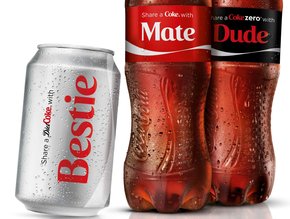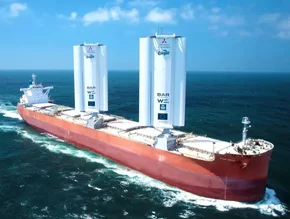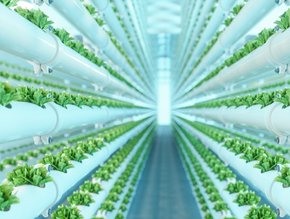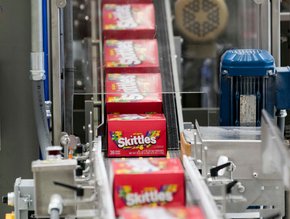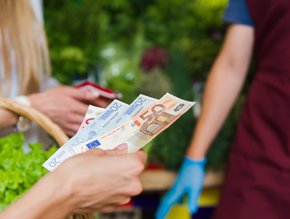Tyson Foods 2050 net-zero target with no bargain on taste
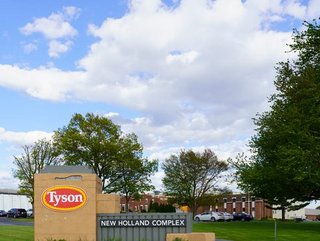
Tyson Foods, a leading global protein company, aims to achieve net-zero greenhouse gas emissions across its global operations and supply chain by 2050.
The company supplies 20% of the USA’s beef, pork and chicken and is best known for products such as Jimmy Dean, Hillshire Farm and BallPark.
As the first U.S.-based protein company to have an emissions reduction target approved by the Science Based Targets initiative (SBTi), this ambition, in conjunction with the release of the company’s fiscal year 2020 Sustainability Progress Report, underscores the company’s commitment to help combat the urgency of the growing climate change crisis.
Food giant Tyson will meet net-zero targets
The high level of meat and diary that humans consume is fuelling climate change for many reasons:
- Gassy cows, sheep and goats are responsible for up to 14% of all greenhouse emissions.
- 75% of agricultural land across the world is used for animal agriculture. This includes land for the animals to graze upon, as well as the land used for the crops which animals eat to grow in. The amount of land required leads to deforestation.
The move to net-zero is an expansion of Tyson Foods current science-based target of achieving a 30% GHG emissions reduction by 2030, which is aligned with limiting global temperature rise to 2.0c.
As a global organisation with 239 facilities and 139,000 employees worldwide, achieving net-zero emissions is a large task, which will require a collective effort from every team member, in addition to external stakeholders.
Tyson Foods’ goals include:
- For emissions to align with limiting global temperature rise to 1.5℃, consistent with the Paris Agreement, by the end of 2023.
- Expanding the company’s current 5m acre grazing lands target for sustainable beef production practices by 2025.
- Continuing work to eliminate deforestation risk throughout its global supply chain by 2030.
Tyson foods supports accountability and transparency
“We believe what good food can do for people and the planet is powerful. Our net-zero ambition is another important step in our work toward realising our aspiration to become the most transparent and sustainable food company in the world,” said Donnie King, Tyson Foods President and CEO.
“At Tyson Foods, we believe progress requires accountability and transparency and we are proud to exemplify that as we work to achieve net-zero greenhouse gas emissions by 2050,” said John R. Tyson, Chief Sustainability Officer, Tyson Foods. “As the first U.S.-based protein company in the food and beverage sector to have an emissions reduction target approved by the Science Based Targets initiative, we hope to continue to push the industry as a leader and remain committed to making a positive impact on our planet, with our team members, consumers and customers, and in the communities we serve.”
Tyson Foods’ new ambition, along with the company’s existing sustainability goals, is aligned with the UN Sustainable Development Goals, which include:
Goal 2: ‘End hunger, achieve food security and improved nutrition and promote sustainable agriculture’.
Goal 15: ‘Protect, restore and promote sustainable use of terrestrial ecosystems, sustainably manage forests, combat desertification, and halt and reverse land degradation and halt biodiversity loss.’

